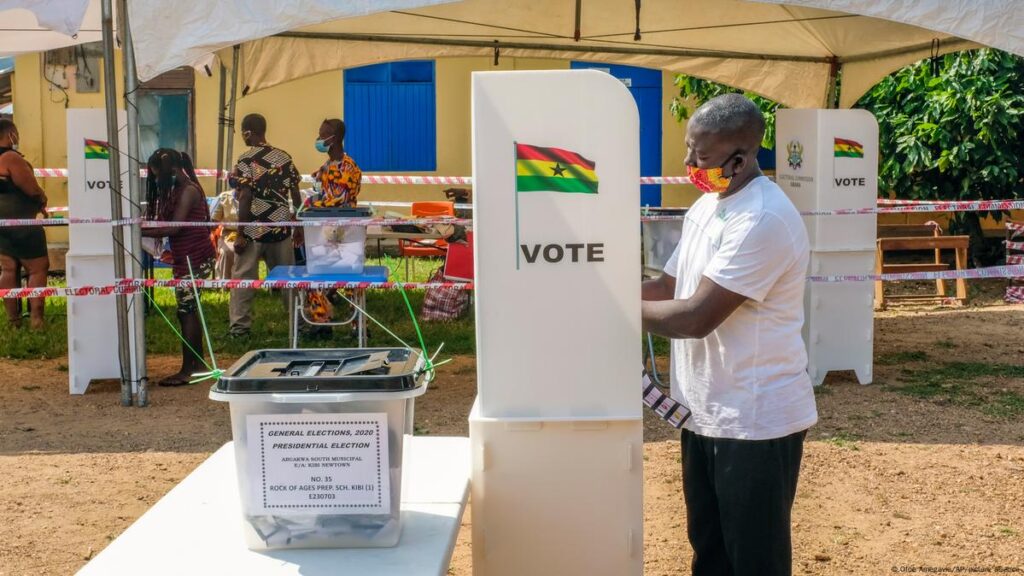The Good
1. Democratic Stability: Ghana has established a reputation for relatively peaceful and transparent elections. Since its return to democracy in 1992, the country has experienced multiple peaceful transitions of power between its two main parties, the New Patriotic Party (NPP) and the National Democratic Congress (NDC). This stability has bolstered Ghana’s image as one of Africa’s most stable democracies.
2. Independent Electoral Commission: Ghana’s Electoral Commission (EC) is known for its independence and competence. Its efforts to ensure transparency and accountability in election processes have strengthened public trust. The EC has implemented biometric registration, electronic result transmission, and other measures to minimize fraud and ensure accurate results.
3. High Voter Participation: Voter turnout in Ghana is generally high, reflecting a politically engaged population. Many citizens view voting as a civic duty, which strengthens the democratic process by ensuring a broad representation of voices.
4. Peaceful Resolutions to Disputes: When disputes arise, Ghana has generally used legal frameworks rather than violence to address them. For example, in 2012, a contentious election was resolved through a peaceful court process that affirmed the EC’s results, a model that has inspired other African countries.
The Bad
1. Political Tensions and Violence: While most elections are peaceful, Ghana has witnessed isolated incidents of political violence, particularly during campaigns and vote counting. Clashes between party supporters and security forces occasionally mar the process, undermining the overall perception of peaceful elections.
2. Election-Related Corruption and Vote-Buying: Some elections have been plagued by allegations of vote-buying, where parties are accused of offering money, gifts, or incentives to sway votes. This practice, though illegal, is difficult to monitor and has been a persistent issue that challenges the integrity of elections.
3. Tribal and Regional Divisions: Political loyalty in Ghana is often along ethnic and regional lines, which can deepen divisions. Both major parties have strongholds in different regions, and some campaigns have been accused of leveraging ethnic sentiments, which risks inflaming divisions within Ghanaian society.
4. Concerns Over Media Freedom: While Ghana’s press is relatively free, there have been instances of government interference and pressure on journalists, especially during election seasons. This pressure sometimes limits critical coverage of election-related issues and weakens public accountability.
5. Limited Participation of Minor Parties: Although Ghana is a multiparty democracy, its political landscape is largely dominated by the NPP and NDC. Smaller parties often struggle to gain visibility or resources, leading to a political system where two main parties dominate, potentially limiting diverse representation.



